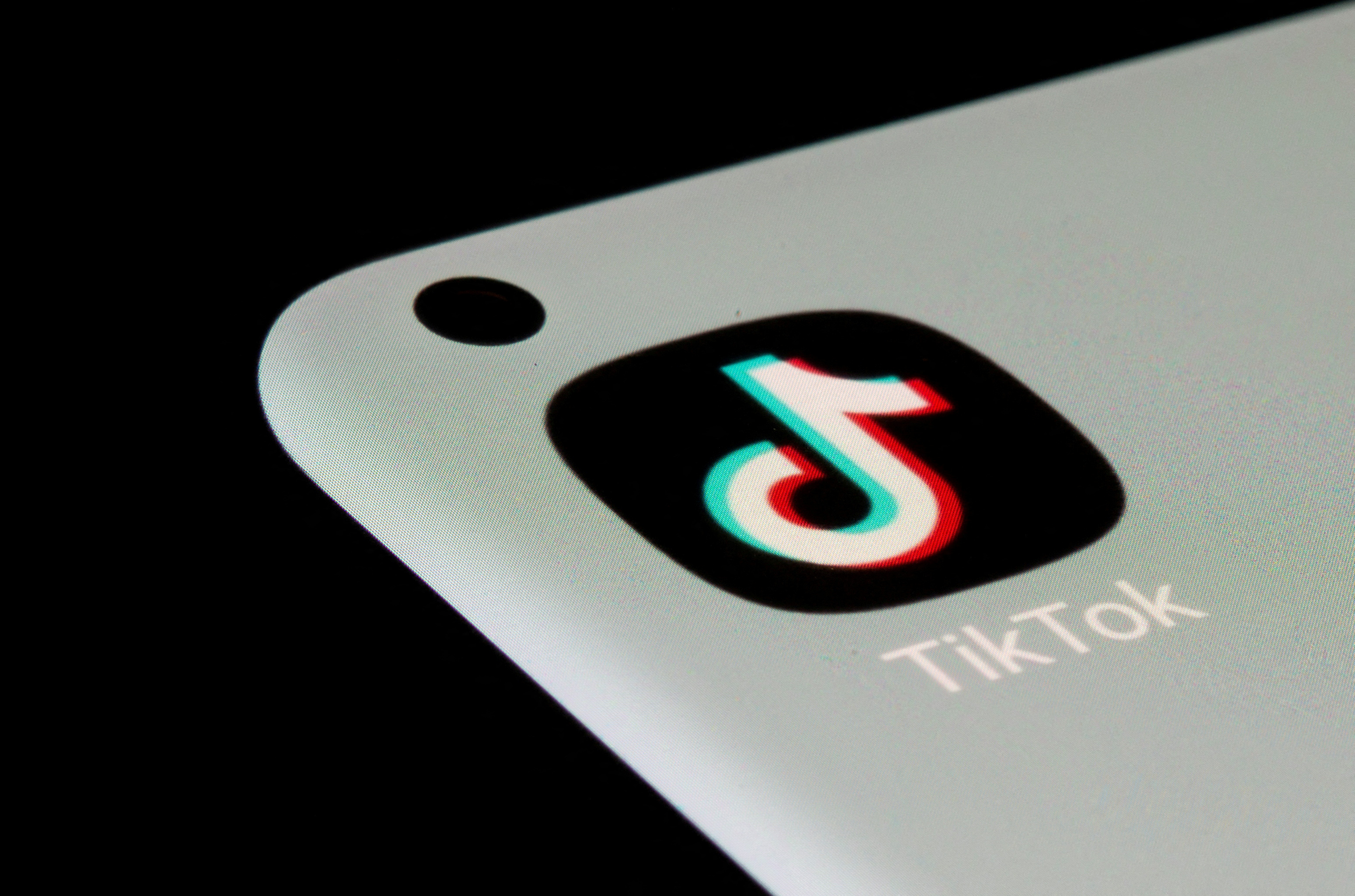On Friday, TikTok accused the European Commission of failing to consult it about a decision to ban the Chinese short video-sharing app from staff phones on cybersecurity grounds, a move that was quickly followed by another top EU body.
The app, which is owned by the Chinese firm ByteDance, is drawing increased scrutiny from Western authorities, who are concerned that the Chinese government could use it to collect personal information. Beijing has consistently denied having such intentions.
Staff will also be required to remove TikTok from personal mobile devices that have access to corporate services, according to the EU executive and the EU Council, which brings together representatives from member states to set policy priorities.
TikTok, which has previously stated that data on its service cannot be accessed by Beijing, stated that neither institution informed or contacted it prior to their decisions.
“As a result, we are truly operating in the cloud. In addition, there is a lack of transparency and due process. To be honest, one would expect some sort of engagement on this subject “Reuters spoke with Caroline Greer, TikTok’s director of public policy and government relations.

She stated that she could not respond to the bodies’ cybersecurity concerns because they had not been articulated.
A request for comment on TikTok’s statement was not immediately responded to by the European Commission.
Greer stated that TikTok CEO Shou Zi Chew was “concerned and a little puzzled” when he met with EU Industry Commissioner Thierry Breton and other commissioners in Brussels in January.
“He’s always been very accessible, responding to the Commission… We’ve asked for a meeting in whatever shape or form they’d like it to take.”
Greer believes that other EU institutions should conduct their own research before making decisions about the app.
TikTok is prohibited on government-owned devices used by members of the United States Senate, as well as in India. The European Parliament has not gone so far.


